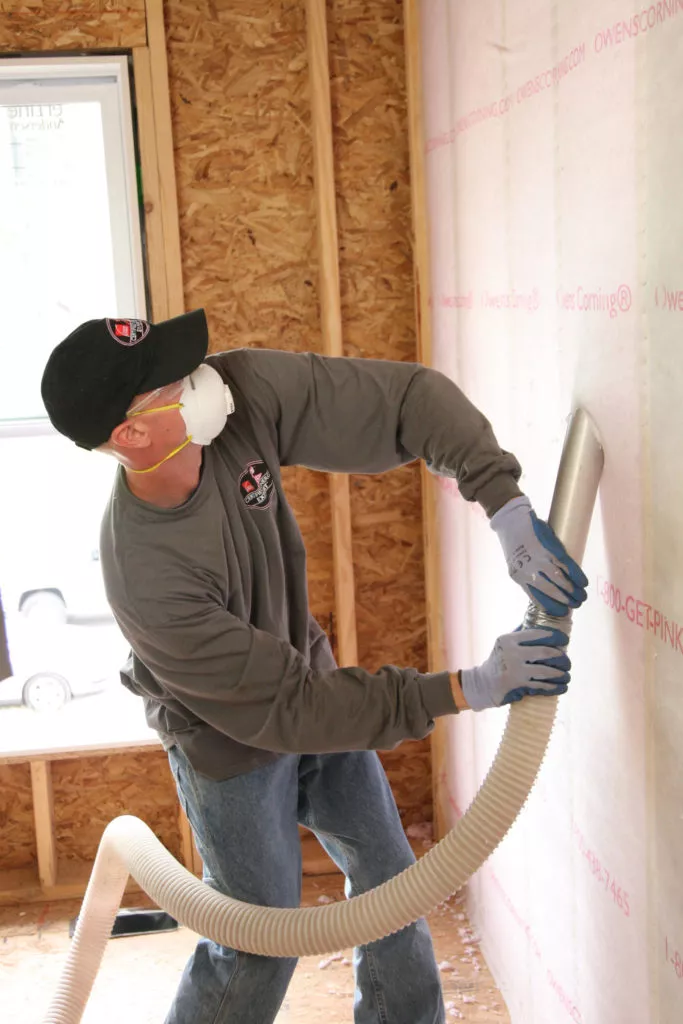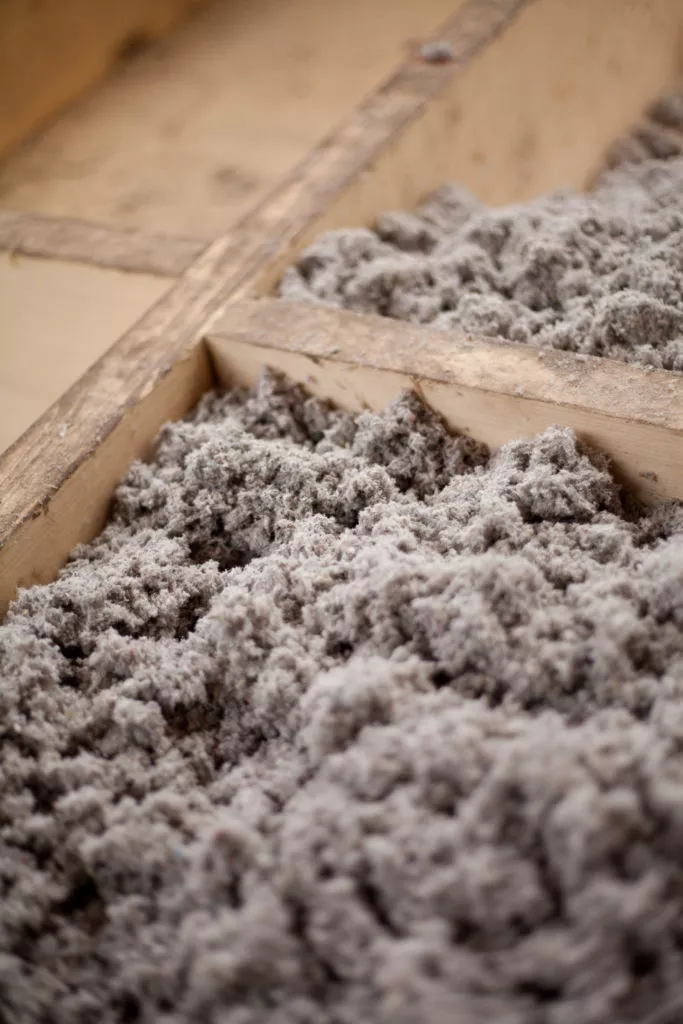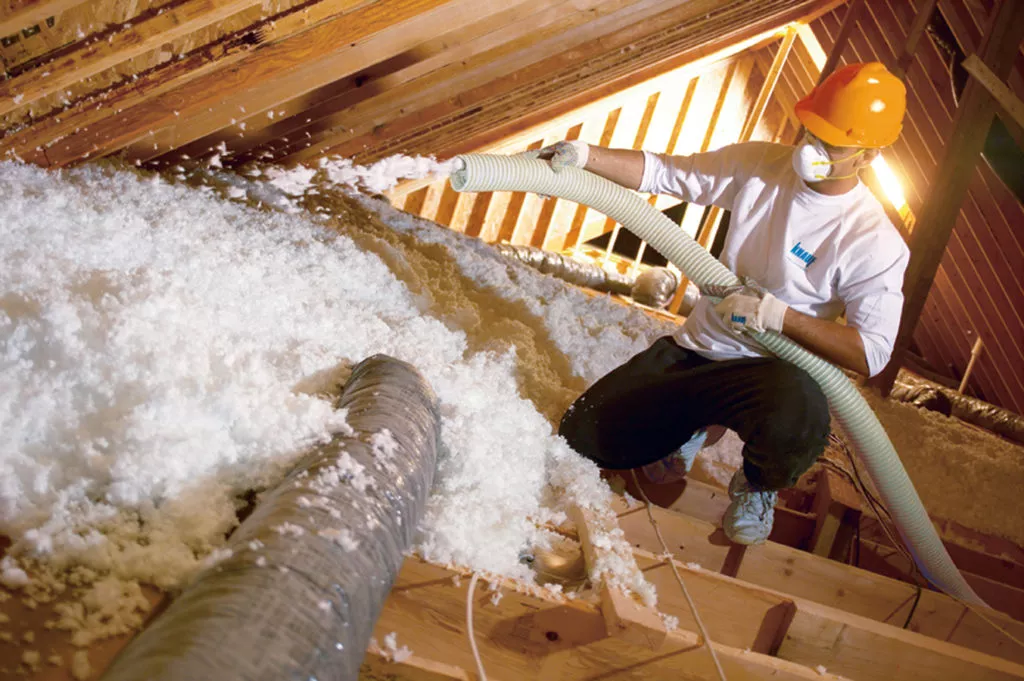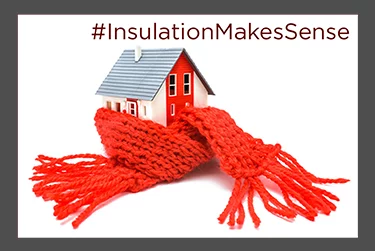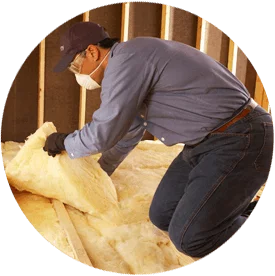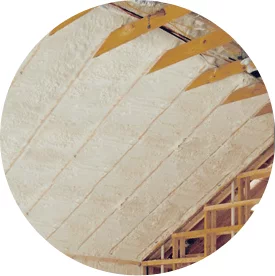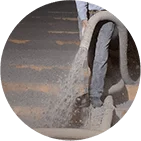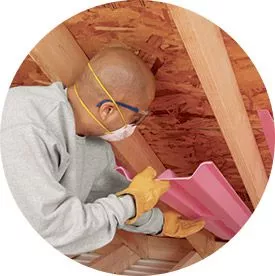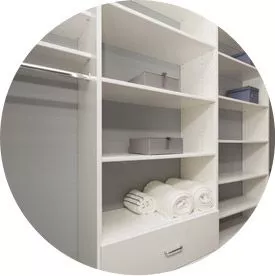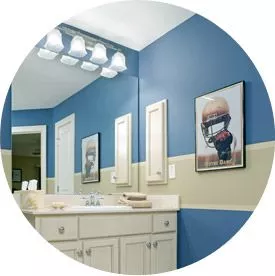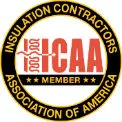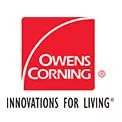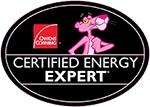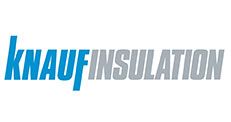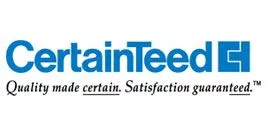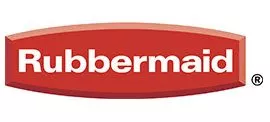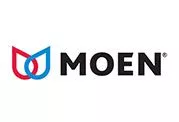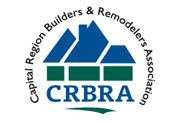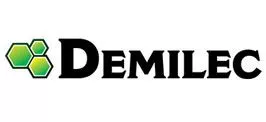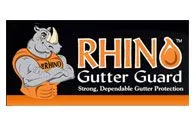Perhaps you’re building a home or commercial space and considering types of insulation, or you’re re-insulating your current space. In this article, Builders Installed Products Albany will help you pick the right type of insulation for your home or commercial space.
Four of the Best Insulation Materials and Where They’re Used
There are many excellent options available on the market today. With over three decades in business, we know a thing or two about home and commercial insulation options. Here are some of the most common insulation types and the best locations to use them.
Spray Foam Insulation: When and Where to Use It
There are two main types of spray foam insulation:
- Open-cell spray foam: This type is flexible and lower-density. It’s used for interior applications on walls and in the attics.
- Closed-cell spray foam: This type is denser, providing superior insulation and moisture resistance. It’s used in areas with high moisture levels or requiring extra structural integrity, like crawl spaces and basements.
Benefits of spray foam include:
- Energy efficiency
- Air and moisture barrier
- Custom fit
- High thermal resistance (closed-cell)
- Soundproofing (open-cell)
The con of spray foam is its higher initial cost.
Fiberglass Insulation: How and Why to Use It
Fiberglass insulation is a common type of insulation in residential and commercial buildings. Common types of fiberglass insulation include:
- Batts and rolls: These are pre-cut sheets of insulation installed between walls, studs, ceiling or floor joists.
- Blown-in: This loose-fill form of fiberglass is installed via a blower, which disperses it into attic spaces, wall crevices or other hard-to-reach areas.
- Rigid boards: This fiberglass type is a rigid sheet often used to insulate walls, foundations or roofs.
The pros of fiberglass insulation are:
- Cost-effective
- Noncombustible
- Ease of installation
- Moisture-resistant
- Widely available
The cons of fiberglass insulation, depending on your intended use, might include:
- Settling over time (blown-in)
- Not ideal for humid areas
- Can gap or compress
Cellulose Insulation: Where and Why to Use It
Cellulose insulation is an environmentally friendly insulation made primarily from recycled paper products. Types of cellulose insulation include:
- Loose-fill (blown-in): This common form of cellulose insulation is installed by blowing the material into attics, wall crevices or floors.
- Spray-applied: Spray-on cellulose is mixed with a binding agent. Though less common, it can be used when a more cohesive bond is required.
Pros of cellulose insulation are:
- Environmentally friendly
- Cost-effective
- Energy-efficient
- Pest-resistant
- Effective for retrofit insulation
- Sound-dampening
Some cons of cellulose insulation include:
- Sensitive to moisture
- Settles over time
- Lower material density
- Requires more ventilation
Radiant Barrier Insulation: When and How to Use It
Radiant barrier insulation is a type of insulation that reduces heat transfer by reflecting heat away from a building. Radiant barriers are made from reflective materials like aluminum foil attached to a substrate like cardboard. The reflective surface faces the heat source to reflect it away from the building. Radiant barriers are effective in warm areas where they can reduce heat gain from the sun in the attic or other building parts.
Radiant barrier insulation offers:
- Improved energy efficiency
- Reduced cooling costs
- Ease of installation
- Durability
However, radiant barrier insulation is also:
- Climate-specific
- Not a stand-alone insulation
- Not effective against heat loss
How Does Insulation Affect Energy Efficiency?
A home without insulation is one left open to the elements. The R-value, or thermal resistance, of insulation will affect how much energy your HVAC system expends to maintain your home’s temperature. R-value is a unit of measurement, and the higher it is for an insulation type, the more energy-effective that type is. Depending on the climate in your area, you may require a higher R-value to help maintain your home’s temperature, especially in areas like your attic.
Why Choose Builders Installed Products Albany?
With over 30 years in business, our team understands insulation. Our knowledgeable staff can help you choose the correct insulation for your home or building to keep your energy costs low.
Are you looking for expert insulation installation in Albany? Contact Builders Installed Products Albany today for high-quality insulation!


